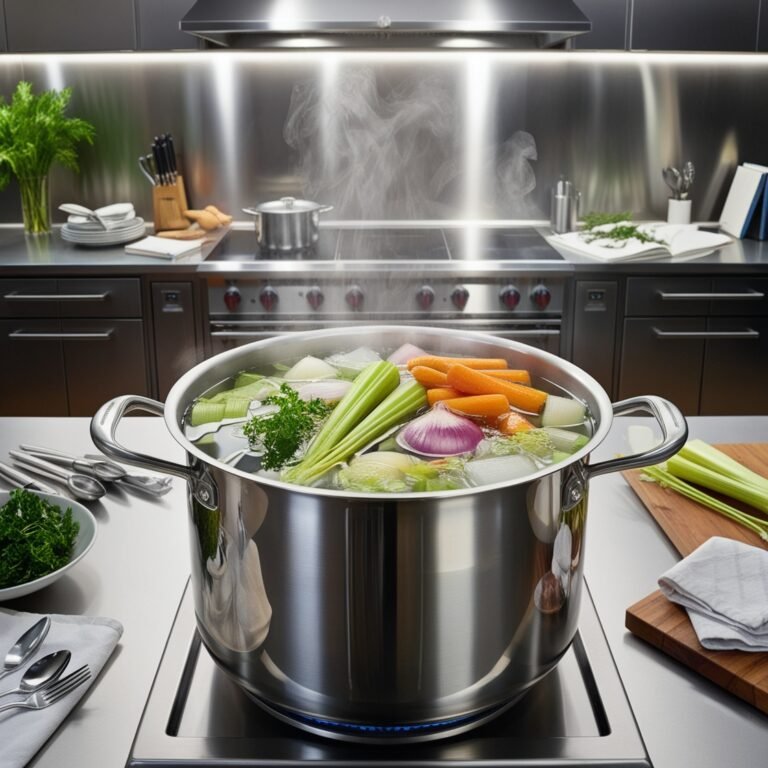The Basics of Boiling, Steaming, and Simmering: What’s the Difference?
Understanding Boiling: The Foundation of Cooking Boiling is a fundamental cooking technique that involves submerging food in water or broth at high temperatures, specifically at 100°C (212°F) at sea level. This method is often the basis for preparing various meals, influencing both the texture and flavor of the ingredients. During boiling, the rapid movement of…



